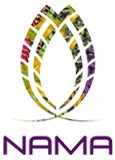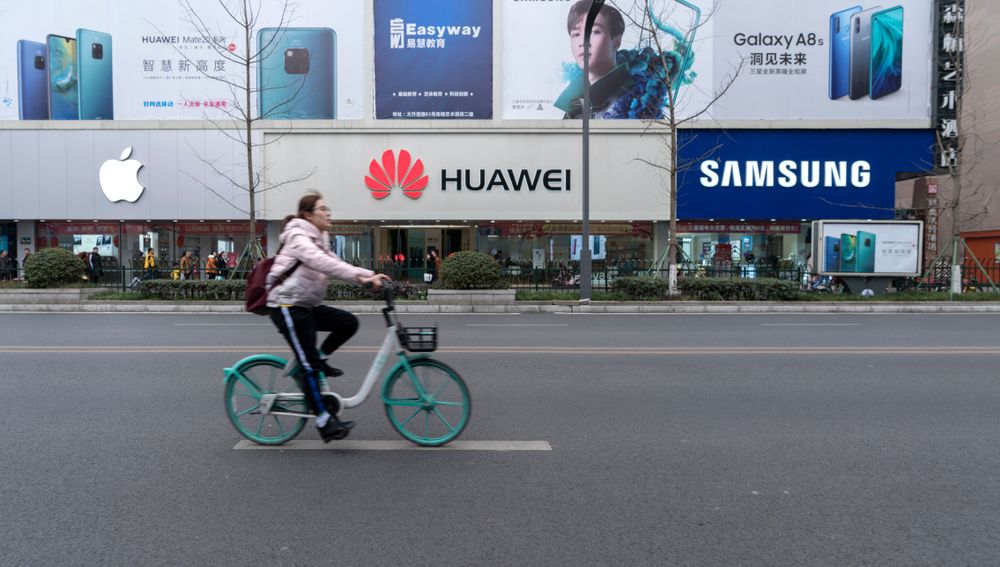 The development of the financial sector has been proven to be vital for economic growth and creation of jobs in a country where the youth unemployment rate exceeds 30 per cent. Increasing access to financial services will also help to reduce Egypt’s 30 per cent poverty rate and economic inequality.
So, with a mobile penetration rate of 102 per cent and 28 million smartphone users, it is through financial technology (fintech) that Egyptians have a better chance to access financial products and services.
Financial Inclusion
Over the past few years, financial inclusion has been brought to the forefront in Egypt as a means for financial sector growth. Along with the increasing need for innovation and the shift towards digitisation, plenty of fintech startups have emerged in the country.
“Financial inclusion is no longer a corporate social responsibility [CSR] topic but rather, an investment opportunity because a big sector of Egyptians is deprived from basic financial services that are not available through normal banking operations.,” says Rami El-Dokany, co-founder and CEO of Pride Capital, Egypt’s first fintech-focused venture capital. “So, investing in fintech technologies will increase financial inclusion in Egypt and will encourage cross-selling for financial products.”
The development of the financial sector has been proven to be vital for economic growth and creation of jobs in a country where the youth unemployment rate exceeds 30 per cent. Increasing access to financial services will also help to reduce Egypt’s 30 per cent poverty rate and economic inequality.
So, with a mobile penetration rate of 102 per cent and 28 million smartphone users, it is through financial technology (fintech) that Egyptians have a better chance to access financial products and services.
Financial Inclusion
Over the past few years, financial inclusion has been brought to the forefront in Egypt as a means for financial sector growth. Along with the increasing need for innovation and the shift towards digitisation, plenty of fintech startups have emerged in the country.
“Financial inclusion is no longer a corporate social responsibility [CSR] topic but rather, an investment opportunity because a big sector of Egyptians is deprived from basic financial services that are not available through normal banking operations.,” says Rami El-Dokany, co-founder and CEO of Pride Capital, Egypt’s first fintech-focused venture capital. “So, investing in fintech technologies will increase financial inclusion in Egypt and will encourage cross-selling for financial products.”
 One of the most notable Egyptan fintech startups is Fawry, a provider of e-payments through more than 100,000 locations. Having completed the first transaction in 2009, Fawry now has 20 million customers and processes 2.1 million transactions daily.
“Most people use Fawry because it has solved a problem for them. If I had talked about financial inclusion and all that, it would not have mattered to them, but the point is to actually make their lives easier and provide a solution that they would be willing to pay for,” says Mohamed Okasha, co-founder and managing director of Fawry.
One example that Fawry noticed is that people were willing to be an extra EGP2-3 to pay for their mobile phone bills at a kiosk closer to their workplace than go to a Vodafone store to make the payment there.
One of the most notable Egyptan fintech startups is Fawry, a provider of e-payments through more than 100,000 locations. Having completed the first transaction in 2009, Fawry now has 20 million customers and processes 2.1 million transactions daily.
“Most people use Fawry because it has solved a problem for them. If I had talked about financial inclusion and all that, it would not have mattered to them, but the point is to actually make their lives easier and provide a solution that they would be willing to pay for,” says Mohamed Okasha, co-founder and managing director of Fawry.
One example that Fawry noticed is that people were willing to be an extra EGP2-3 to pay for their mobile phone bills at a kiosk closer to their workplace than go to a Vodafone store to make the payment there.











